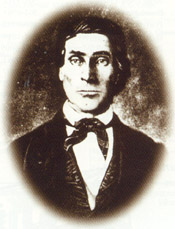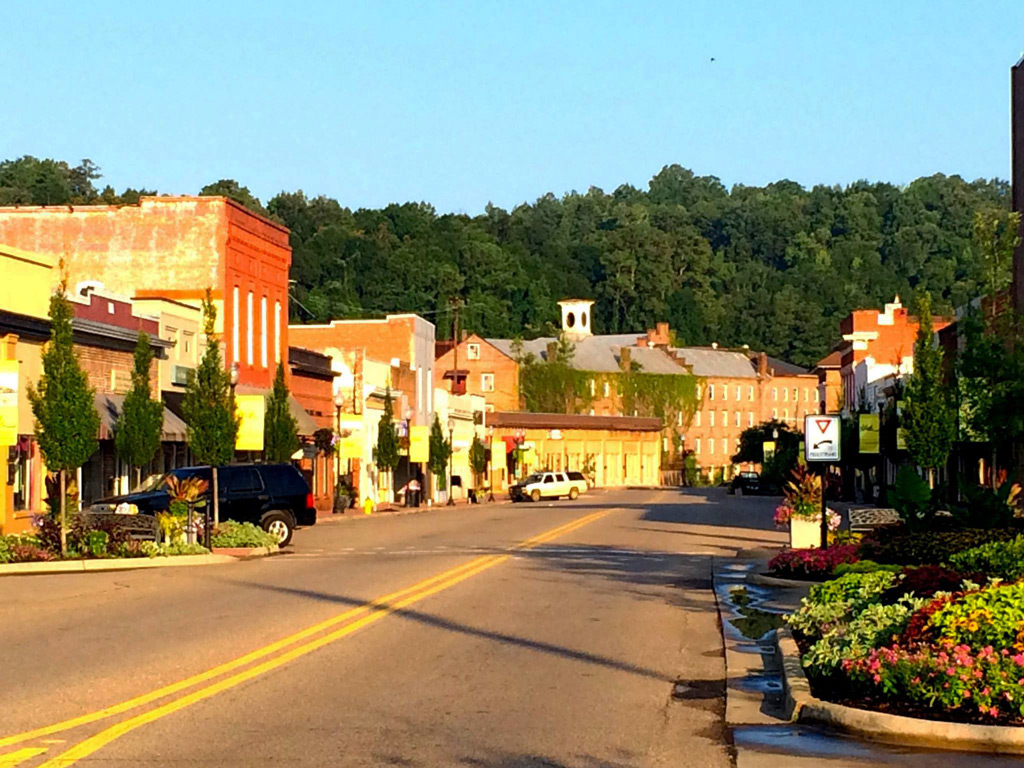Prattville
History
Daniel Pratt, a native of New Hampshire, arrived in Alabama, by way of the state of Georgia, in 1833. He has been an architect and builder, but came to Alabama with a vision of creating an industrial village in the midst of an agricultural economy. By 1839 he had laid out the community that would become Prattville. Pratt harnessed the waters of Autauga Creek to provide energy to power his new factory, which would become the largest cotton gin factory in the world. That factory maintains that distinction today under the name of Continental Eagle Corporation.

Pratt exported his cotton gins around the world, but mostly in the southeastern United States. He built additional industries that provided a variety of employment opportunities for Alabama pioneers and Prattville soon became known as the most highly industrialized town of its size in America. This earned it the distinction of being the Birthplace of Industry in Alabama.
Pratt served as an unofficial economic developer for his adopted state, and was a major investor in the coal and iron industry, helping develop an area that would later be known as Birmingham. Not only was Pratt a noted architect, industrialist and statesman, he also made significant contributions in social, educational, religious and cultural areas as well.
LOCATION
Prattville is located 10 miles northeast of Montgomery, the state capital, and 70 miles south of Birmingham on I-65 in the South Central area of Alabama. Prattville can also be reached via US Highway 82 or US Highway 31. We are also accessible by commercial air through either the Montgomery or Birmingham airports.
CLIMATE
Prattville's climate is nearly perfect with average annual temperatures in the mid-sixties. Winter daytime readings are around 51 degrees and summer daytime readings around 82 degrees. Rainfall averages more than 50 inches per year with very little snow if any.

